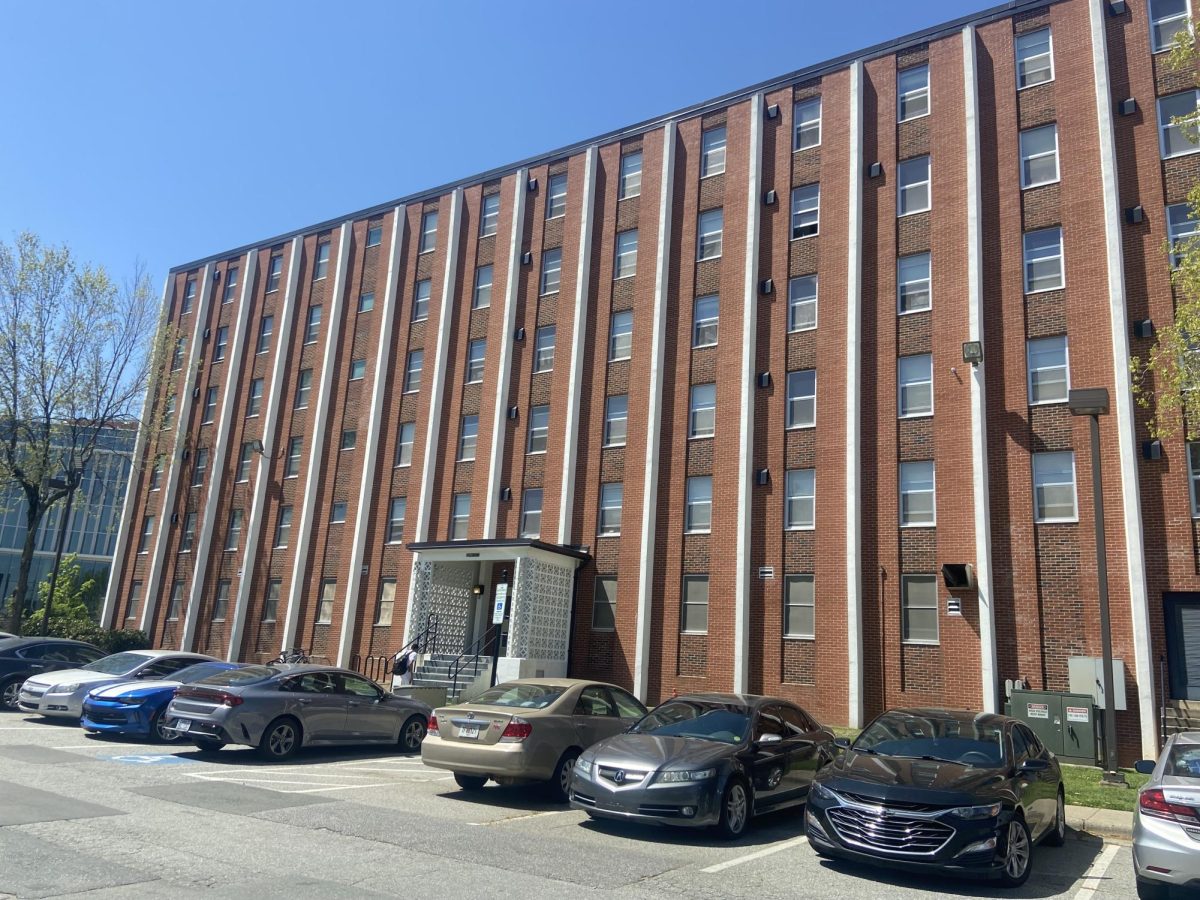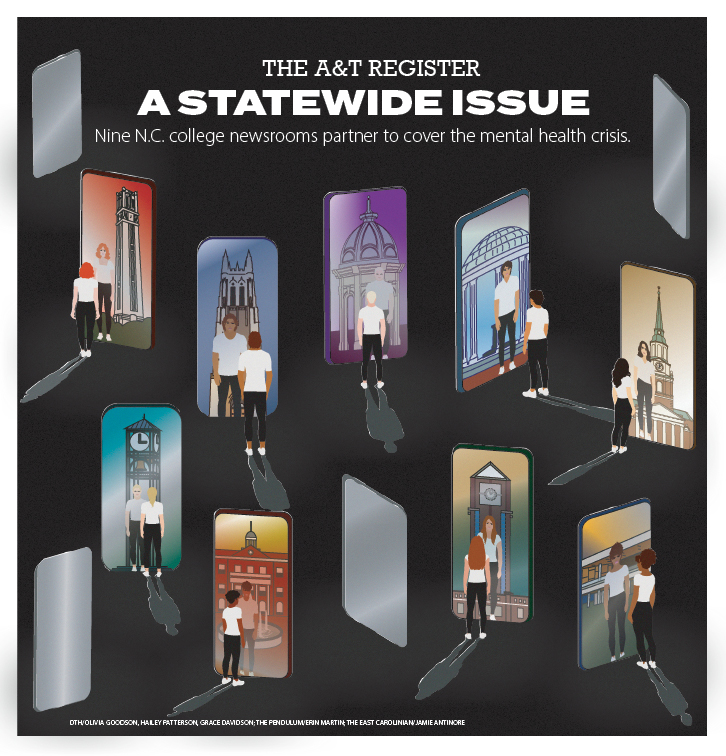The thought of contracting a sexually transmitted disease or infection (STD/STI) can make anyone cringe, but avoiding the topic will not prevent anyone from getting it. Knowledge will.
It is no secret that most college students are sexually active. However, there are young men and women all over the United States that are having unprotected sex and contracting STDs. One out of two sexually active college students will acquire an STI by the age of 25.
That’s 50 percent of the college population.
“We should work on changing behaviors,” said Yvonne Parks, nurse supervisor at Sebastian Health Center. “We should work on educating our students more about taking care of themselves and what causes these STDs. That’s the thing that we need to get to our students and get them to understand.”
The most common sexually transmitted disease in the United States is Chlamydia. Seventy-four percent of people infected with Chlamydia are ages 15 to 24 (guesswhosgotit.com).
Chlamydia as well as all other STDs, can be transmitted during vaginal, anal, or oral sex. Chlamydia can also be passed from an infected mother to her baby during vaginal childbirth.
Chlamydia is known as the silent epidemic. This is due to the fact that approximately 75 percent of women and 50 percent of men don’t experience any symptoms.
In 2011, there were 5,010 reported cases of Chlamydia in Greensboro (epi.state.nc.us). This is an increase of over 2,000 since 2010, when there were 2,398 cases reported.
Gonorrhea is also a common sexually transmitted infection. Gonorrhea can be transmitted during vaginal, anal, or oral sex. There were 1,981 cases of Gonorrhea reported in Greensboro in 2011.
“Greensboro is a gate city so there are people here from all walks of life,” said Kaye Ziglar, University Health Educator at Sebastian Health Center. “We can never do too much to raise awareness. We need to focus on sex education and continue to talk about sexual responsibility, communication, pregnancy, relationships and diseases.”
Syphilis is less common, but can cause long-term complications and/or death if not adequately treated (CDC Fact Sheet). Syphilis can be transmitted during vaginal, anal, or oral sexual contact.
In 2011, there were 115 reported cases of syphilis in Greensboro.
Fortunately, if one contracts Chlamydia, syphilis, or gonorrhea, it is curable with antibiotics.
Some young people fail to realize that while being cautious and using protection, they can still be infected with uncurable STDS like herpes and HPV (humanpapilomavirus). These particular STDs can be transmitted just by skin to skin contact.
HIV/AIDS is the most deadly and non-curable disease. Individuals who are infected with STDs are at least two to five times more likely than uninfected individuals to acquire HIV infection if they are exposed to the virus through sexual contact. In addition, if an HIV-infected individual is also infected with another STD, that person is more likely to transmit HIV through sexual contact than other HIV-infected persons (Wasserheit, 1992).
There were 143 reported cases of HIV in Greensboro during 2011 and 52 reported cases of AIDS
“A lot of people are ignorant to the fact that STDs are prominent on campuses and they believe that they won’t catch anything,” said nursing major Melanie Thompson, a junior from Raleigh, NC. “Safe sex or no sex is how I see it.”
Sebastian Health Center can provide information on sex education and also provide free condoms.
Sebastian Health Center will be conducting free HIV/Syphilis tests from 5:30-8:00pm on Tuesday, Oct 16 and Nov 13. No appointment needed.
For additional information please contact Janet Lattimore at 336-285-2912 or email her at [email protected]
- Kayla Mclaughlin, Online Editor






